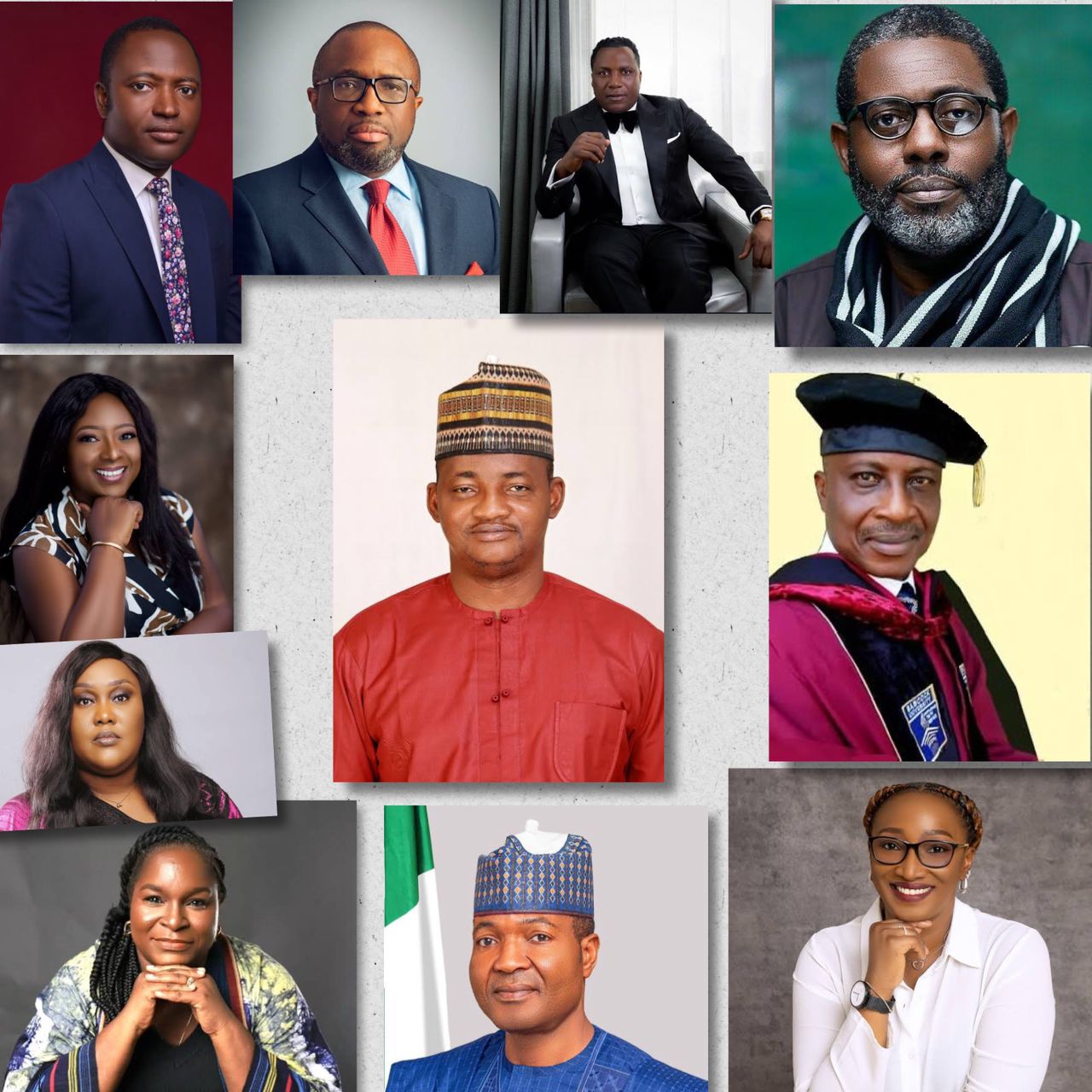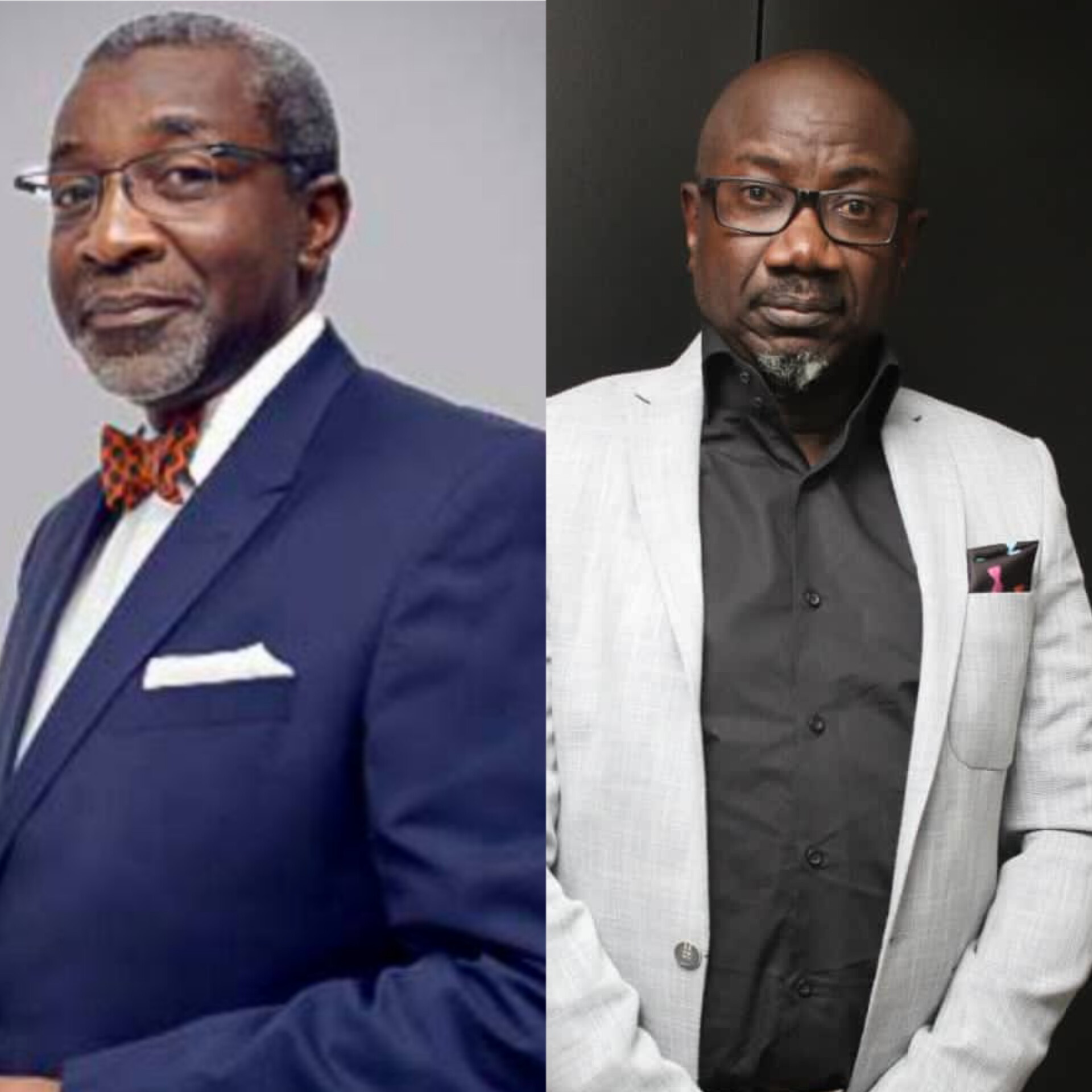The advertising industry stands at a crossroads. Here, technology and creativity meet to shape the future of marketing communications. As this landscape evolves, industry leaders recognize the importance of storytelling, human connection, and innovation. These elements are key to capturing hearts and minds.
In this era of rapid change, marketers must stay ahead. They need to leverage the power of data, technology, and emotional resonance. This helps craft compelling narratives that, in turn, drive results.
Against this backdrop, the annual Advertising Industry Colloquium 3.0 (AIC) took place. Organized by the Advertising Regulatory Council of Nigeria (ARCON), it gathered thought leaders and experts. They shared insights and perspectives on the future of marketing communications.
Discussions at the event highlighted a crucial need for a more nuanced approach. This approach balances technology with humanity, data with creativity, and innovation with authenticity. For example, from immersive storytelling to cultural relevance, speakers offered rich knowledge. They showed how to reimagine marketing to resonate with audiences and achieve business success.
Collaboration and Digital Shifts: ARCON’s Vision
In his welcome address, Dr. Olalekan Fadolapo, Director General ARCON, emphasized industry and academia collaboration. “Any industry failing to connect ‘town and gown’ will face crises,” he stated, stressing the need for alignment between academics and professionals. Dr. Fadolapo also highlighted rapid changes in today’s digital world. Here, data and creativity are blurring lines. The colloquium specifically aimed to harness the power of storytelling, human connection, and technology to create effective messages.
Immersive Narratives and African Pride
Femi Odugbemi, CEO of Zuri24 Media Lagos, echoed Dr. Fadolapo’s sentiments. He emphasized immersive storytelling’s role in shaping Nigeria’s future. “When we showcase characters who rise above odds, who solve real problems, and elevate their communities, we offer more than content—we offer a mirror of possibility,” he asserted. Odugbemi stressed the need for stories that elevate, illuminate, and reframe Nigeria’s culture with pride. He, therefore, commended ARCON for fostering collaboration between academia and industry.
Technology’s Ethical Power and Academic Bridges
Mallam Jibrin Baba Ndace, Director General of Voice of Nigeria (VON), highlighted technology’s impact on marketing communication. He noted that blending data analytics, artificial intelligence, and digital platforms has redefined audience reach and retention. He emphasized that technology’s power lies in its purpose. Moreover, he stated that marketing communication’s future depends on ethical, inclusive, and impactful engagement.
Prof. Kolade Ajilore, Professor of Communications Studies, Babcock University, discussed bridging the gap between academia and industry. “The current model is mind-boggling, and there is a need to bridge the gap using technology as a platform,” he said. He then shared initiatives implemented to address this issue. These included collaborations with industry practitioners and localized curriculum development.
Soulful Tech: The Essence of Loyalty
Steve Babaeko, President of the International Advertising Association (Nigeria Chapter), emphasized balancing technology with storytelling. “Tech without soul is just code; a chatbot can answer a question, but only a brand with a story can earn loyalty,” he stated. Babaeko highlighted the convergence of storytelling, human engagement, and technology in the advertising industry.
Cultural Relevance and Authentic Engagement
Mr. Idorenyen Enang, Immediate Past President of the National Institute of Marketing of Nigeria (NIMN), discussed cultural relevance in automation. He specifically focused on maintaining authenticity in tech-driven marketing. He reflected on storytelling’s importance in marketing, emphasizing how brands shape the future through narratives. Indeed, Enang noted that “Storytelling is the soul of marketing.” He highlighted that cultural relevance is crucial. Brands need to speak to consumers in their own languages and embrace their identities. He also stressed that communication is no longer about pushing messages, but about pulling engagement through active listening. Finally, he criticized the current state of marketing, noting that many brands tell “off the hook” stories lacking authenticity.
Data-Driven Narratives and Immersive Experiences
Brenda Nwagwu, Vice President of The Media Independent Practitioners Association of Nigeria (MIPAN), noted that storytelling now requires data, insights, technology, and innovation. “We understand the evolving landscape of marketing communication and the critical role that data-driven storytelling plays in engaging human emotions and driving results,” she said. Nwagwu emphasized the importance of merging these disciplines to craft compelling narratives.
Tolulope Medebem, President of the Experiential Marketers Association of Nigeria (EXMAN) and COO/Lead Consultant of Aster Integrated Marketing Limited, emphasized creating immersive experiences. These experiences, she stated, foster connections with audiences. “Creating immersive experience that creates connection, and connection is what we are creating is storytelling,” she said. She highlighted the need for data and storytelling to converge, particularly in the current landscape. “In Nigeria and the world generally, we are at the point where data and storytelling has to get to a point where they converge and become a reality for all of us,” she added.
Nana Milagrosa, Founder/Chief Experience Curator, MPXM Agency, presented live poll results. These showed stories mirroring people’s lives or struggles are key to creating emotional connections with consumers. She emphasized personalization, consistency, and reflection of one’s identity in brand campaigns.
READ ALSO: Bridging Academia, Industry Gap: ARCON’s Effort to Shape Ad Future
Media Strategy, AI, and Future Talents
Stephen Onaivi, Managing Director of mediaReach OMD, shed light on media planning strategy complexities in the era of artificial intelligence. He emphasized empowering younger generations to drive solutions for Africa’s challenges, stressing that external solutions won’t suffice. Onaivi expressed enthusiasm about emerging talents from schools, which can propel industry growth.
He pinpointed three critical challenges requiring attention. Firstly, he advocated for a centralized approach to data. He highlighted the importance of having a single source of truth for data organization. Onaivi encouraged younger professionals to enhance their capabilities to tackle this challenge. Secondly, he discussed the difficulty of extracting key insights from vast information. He questioned how AI can be harnessed to uncover core insights. He emphasized the need for AI to be tailored to local needs and dynamics. Finally, Onaivi addressed the challenge of regulating advertising in the digital age. He recommended bringing AI experts together to craft a narrative on effective industry regulation. By doing so, he believes the industry can navigate AI-driven marketing complexities.
Adapting to the Evolving Market
Mrs. Lanre Odufuwa, Head of Marketing, OmniRetail, guided the next generation of marketers on adapting to the rapidly evolving market. “People are no longer just building wealth; they are building tribes. However, authenticity and relevance are non-negotiable,” she said. She emphasized understanding prompt engineering and the growing influence of the creator and influencer economy.
In conclusion, the Advertising Industry Colloquium provided a platform for industry experts to share insights and perspectives on marketing communications’ future. The consensus was clear: storytelling, cultural relevance, and emotional connections are essential for building brand loyalty and driving business success. As the industry continues to evolve, marketers must prioritize these elements and work towards creating impactful and inclusive campaigns.
Watch Also: MARKETING EDGE ONTV






Comment
No comments found.